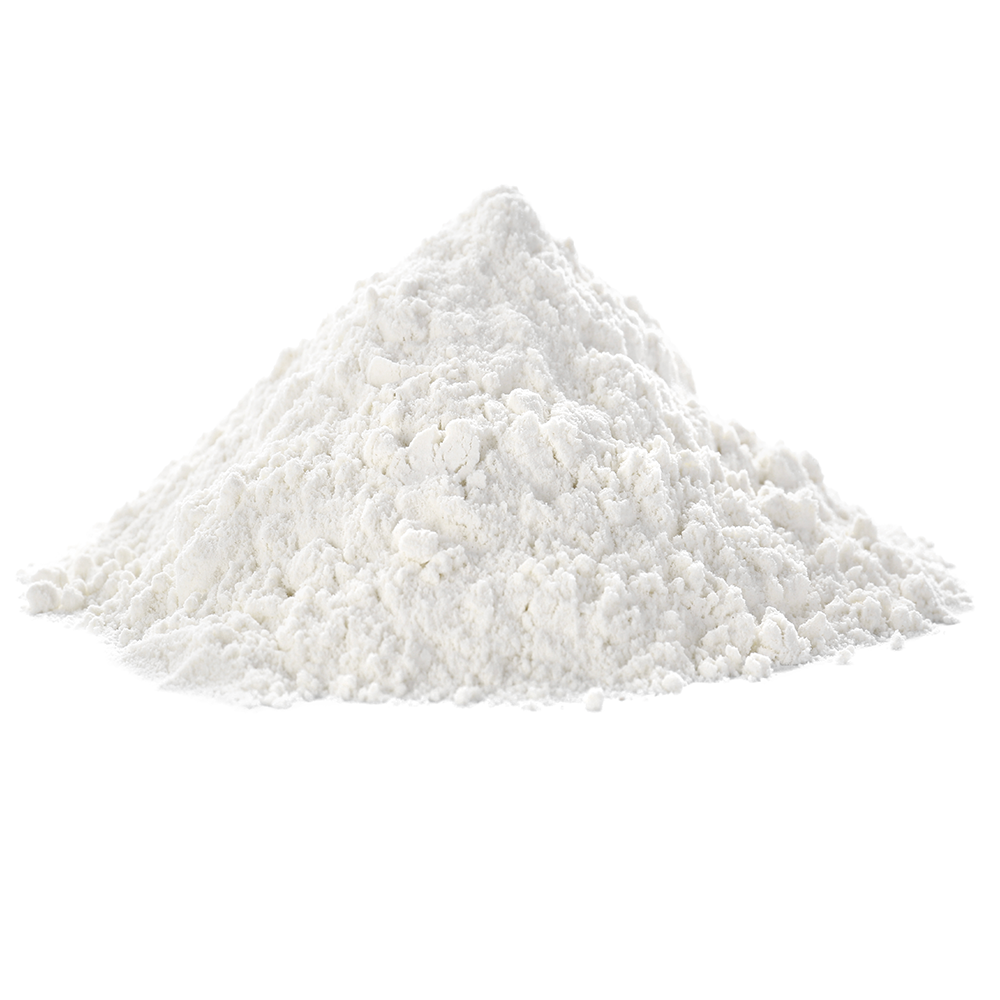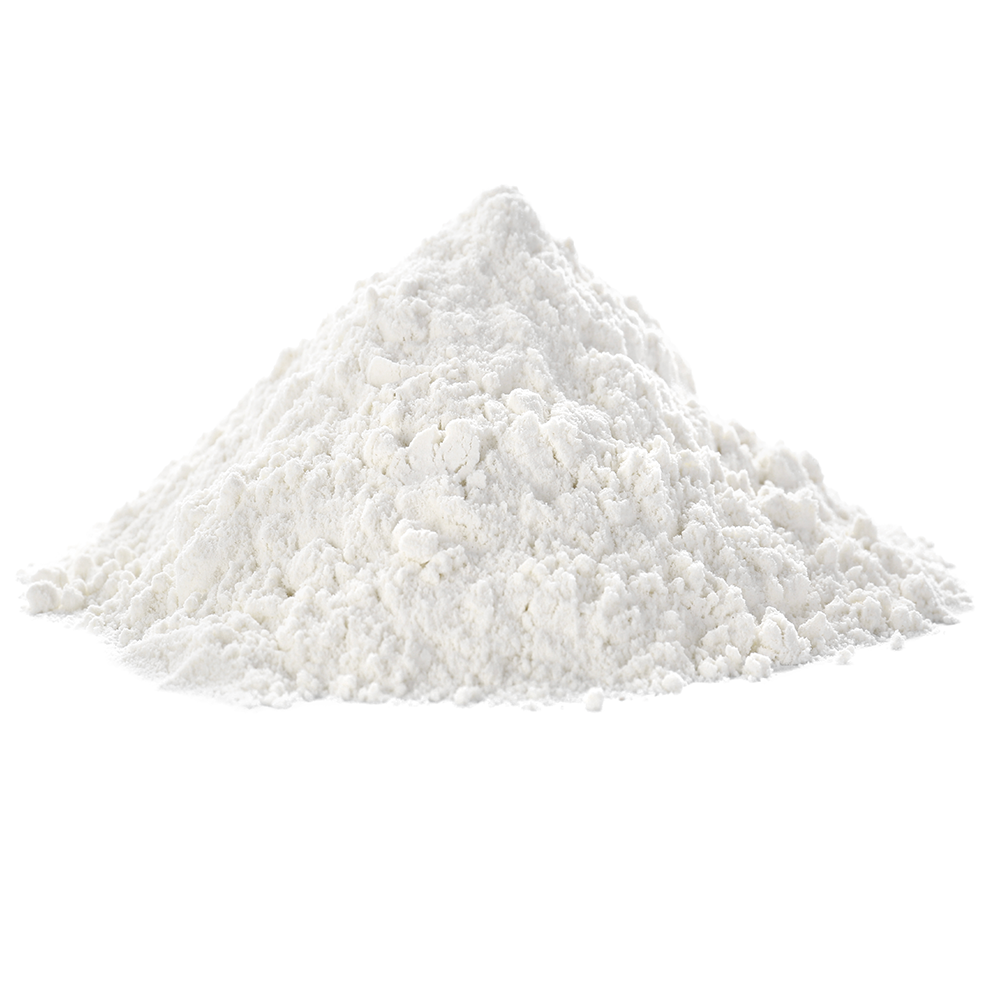Top Health Benefits of Aloe Vera
Nature gives us many gifts, and Aloe Vera is undoubtedly one of them. Aloe Vera has been used for millennia across many cultures for medicinal purposes. Its use has been recorded back to the ancient civilizations of Greece, Egypt, India, Japan, and China. The Egyptian Queen Cleopatra was known to have used Aloe Vera as part of her beauty regimen. Soldiers of Alexander the Great used this multifunctional plant to treat wounds on the battlefield1. Its uses are much more far-reaching than you might have thought for a plant commonly found worldwide.
What Makes Up Aloe Vera’s Powerful Composition?
The Aloe Vera plant has triangular leaves with sharp edges and three distinct layers. These layers are:
- The rind, a thick protective outer layer.
- The middle layer is comprised of bitter-yellow sap.
- The inner layer has a clear gel consisting of 99% water and 1% amino acids, lipids, sterols, and vitamins.
Aloe Vera contains 75 active vitamins, enzymes, minerals, sugars, lignin, salicylic acids, and amino acids. Aloe is also chock-full of antioxidants, including vitamins A, C, and E. It also contains folic acid, B12, and choline1. So, what does all of this mean for our health?
Top Benefits of Aloe Vera for Skin and Digestion
When we think of Aloe Vera, what might come to mind first is its use as an aid for sunburns. Aloe has significant cooling effects, which are helpful when you might not have been adequately prepared for a day in the hot sun. Other benefits include anti-aging effects to antibacterial properties when used topically. It may be a surprise that Aloe Vera has many advantages for your internal health as well when ingested orally.
How Aloe Vera Supports Digestive Health
Aloe Vera supports digestive health by providing enzymes that help break down fats and sugars, promoting smoother digestion. Its anti-inflammatory properties may soothe the lining of the digestive tract, which can be beneficial for those experiencing conditions like acid reflux or irritable bowel syndrome. Additionally, Aloe Vera can encourage a balanced gut environment, supporting the growth of healthy bacteria essential for optimal gut health.
Digestive disorders are on the rise. In America, 62 million people are diagnosed with a digestive disorder each year4. Many seek natural remedies for digestive conditions such as Irritable Bowel Syndrome, Gastrointestinal Reflux Disease, Celiac Disease, and Crohn’s Disease. Preliminary research suggests Aloe Vera could help alleviate some of the symptoms of these diseases.
Digestive disorders are usually due to a lack of “good” bacteria in our gut. Aloe vera contains enzymes that help break down fats and sugars to keep your digestive system running smoothly5. Beyond aiding digestion, Aloe Vera offers additional health benefits through its powerful anti-inflammatory and antioxidant properties.
Anti-Inflammatory and Antioxidant Benefits of Aloe Vera
Many people use Aloe Vera to treat skin conditions such as burns and abrasions. Aloe has this anti-inflammatory effect due to the polyphenols found within Aloe. Polyphenols are reducing agents which are packed with antioxidants, and when taken in combination with other complimentary dietary reducing agents such as vitamins C and E they protect our body’s tissue against oxidative stress. Some conditions that Aloe can help in the treatment of are:
- Burns
- Indigestion
- Allergic Reactions
- Rheumatic Fever
- Rheumatoid Arthritis
- Ulcers
- Acid Indigestion
- Other Skin Conditions1
Preliminary research has suggested that Aloe may improve blood sugar control; however, one should always consult a doctor before adding a supplement to your daily regimen.
Different Forms and Uses of Aloe Vera
Aloe Vera for Skin Healing and Hydration
Aloe Vera has long been valued for its skin-soothing and hydrating properties. The gel inside the plant’s leaves is rich in water, vitamins, and essential amino acids that provide deep moisture, making it ideal for dry or irritated skin. Applying Aloe Vera to minor cuts or abrasions can help accelerate healing by creating a protective barrier on the skin while delivering anti-inflammatory benefits. Additionally, Aloe Vera is a gentle yet effective option for daily skincare, offering natural hydration without harsh chemicals. Its unique composition makes it suitable for nearly all skin types, from sensitive to oily.
There are health benefits when Aloe Vera is taken orally. Some recipes incorporate cooked, blanched, or steamed Aloe Vera. Adding this healthy succulent to a delicious meal is a wonderful way to receive the benefits directly into your system. Aloe vera water has become very popular, but a good tip is to look out for added sugar that can be found in some of these beverages.
Aloe extract is advantageous because we know how many milligrams of pure aloe we are ingesting per serving. Aloe extract can be added to food, smoothies, or other beverages3.
Using Aloe Vera in Everyday Products
Scientists and researchers are still discovering the many uses of Aloe Vera and its helpful impact on the human body. Mother Nature keeps unlocking her gifts to us, we just have to keep our minds and our eyes open to receive them. Many skincare and haircare products, including Aloe Vera face washes, shampoos, and soaps, leverage Aloe’s hydrating and healing properties, making it a popular choice for natural beauty routines.









